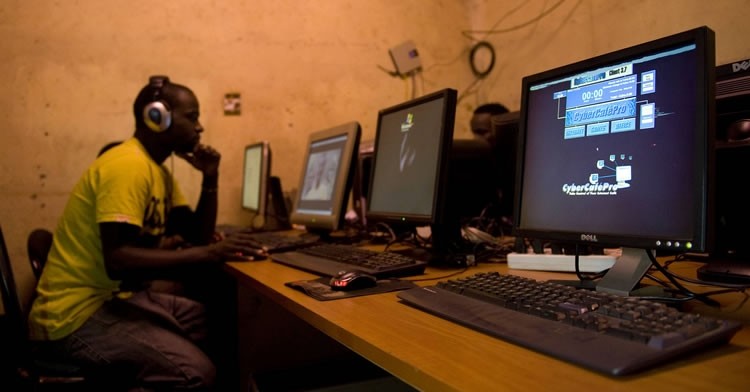Google, Microsoft, Yahoo, Facebook, Intel and over two dozen other organizations have joined an effort to make broadband Internet more affordable in developing countries. The Alliance for Affordable Internet (A4AI) says its primary interest is fulfilling the UN Broadband Commission's goal of making entry-level broadband available for less than 5% of every region's monthly income – a target that is currently well off mark.
Citing ITU research, the coalition's FAQ page says only a third of the world is online and most of those who aren't connected simply can't afford to be. In less developed countries, a low-end broadband line costs about 30% of a person's average monthly income versus 2% for developed areas. In particularly rough spots such as Mozambique, it's said that one gigabyte of data can cost as much as two months of a worker's earnings.
"With the advent of affordable smartphones, new undersea cables and innovations in wireless spectrum usage, there is simply no good reason for the digital divide to continue," said WWW inventor and A4AI Secretariat Tim Berners-Lee. "The real bottleneck now is anti-competitive policies that keep prices unaffordable. The alliance is about removing that barrier and helping as many as possible get online at reasonable cost."
A4AI's 30+ private and public sector members plan to make that happen by lobbying for updated policies that encourage "open, competitive and innovative broadband markets." The group intends to approach three to four African states by the end of this year and at least 12 countries by 2015. Along with pushing a standardized set of best practices, the non-profit will release an annual "Affordability Report" starting this December.
